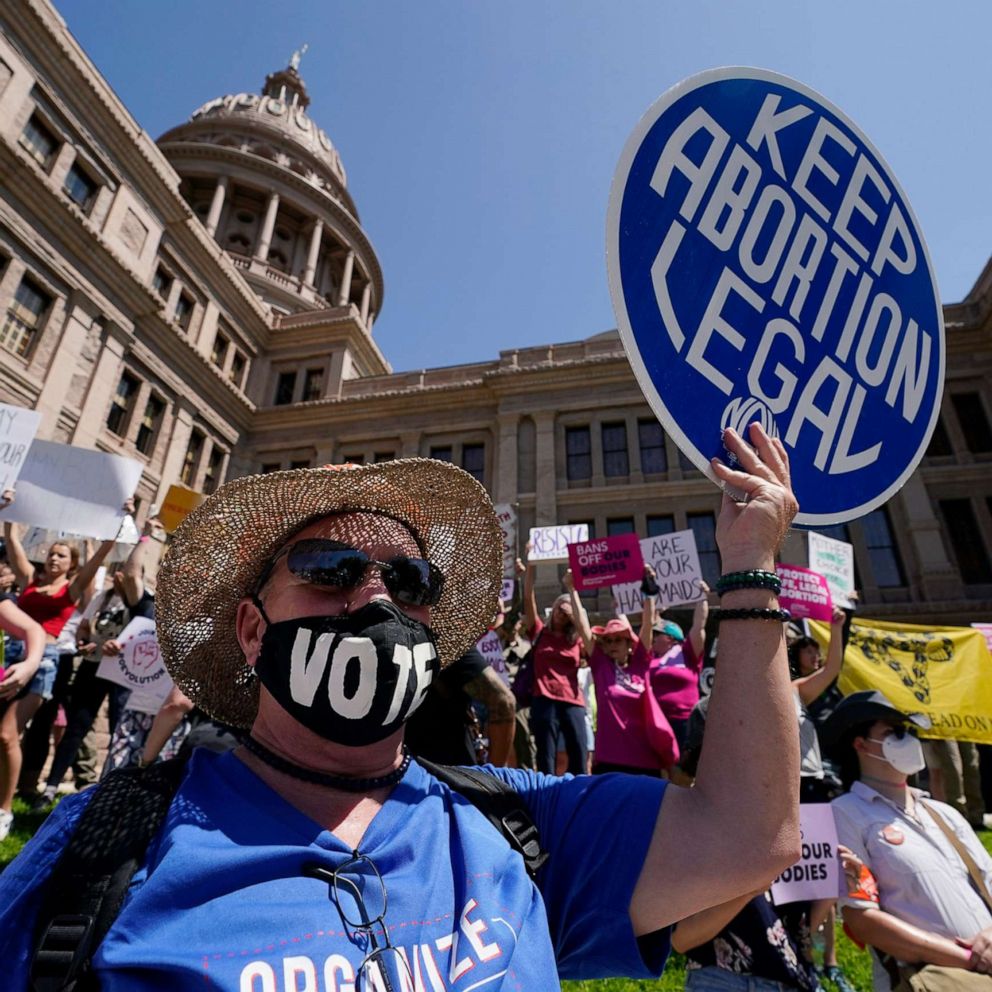South Dakota has become the second state in the nation to ban abortions after the Supreme Court decides to overturn Roe v. Wade. Texas and Oklahoma had banned abortions before Roe was destroyed, and Missouri became the first state after Roe to protect babies from abortion.
As LifeNews reported today, the Supreme Court overturned Roe v. Wade, holding a 6-3 majority decision in the Dobbs case that “the Constitution does not grant the right to abortion.””

“We believe that Roe and Casey should be overruled. The Constitution does not prohibit the citizens of any state from regulating or prohibiting abortion. Roe and Casey have usurped that authority. We now reject those decisions and return that authority to the people and their elected representatives,” Judge Samuel Alito wrote before the majority.
“The Constitution makes no reference to abortion, and such a right is not implicitly protected by any constitutional provision, including the one that Roe and Casey’s defenders now primarily rely on — the due process clause of the Fourteenth Amendment,” Judge Samuel Alito wrote. in the opinion of the majority. “That provision is held to guarantee some rights not mentioned in the Constitution, but such a right must be ‘deeply rooted in the history and tradition of this nation’ and ‘implicit in the concept of ordered liberty’.”
Click here to sign up for pro-life news alerts from LifeNews.com
Immediately after the decision, Texas abortion companies announced they would be closing, and South Carolina said it had asked a federal appeals court to uphold the abortion ban.
Missouri Attorney General Eric Schmitt issued an opinion that would lead to parts of a state house bill banning abortions, becoming the first to do so after the Dobbs decision.
Now South Dakota Governor Kristi Noem says the state’s trigger law is in effect, and abortion is also banned there.
“Today’s decision will save unborn lives in South Dakota, but there is more work to be done,” the Republican governor said. “We must do what we can to help mothers in crisis know that options and resources are available. Together we will ensure that abortion is not only illegal in South Dakota – it is unthinkable.”
No date has been set for the Republican-controlled legislature to meet.
Ultimately, as many as 26 states could immediately or expeditiously ban abortions and protect babies from certain death for the first time in nearly 50 years.
The 13 other states with trigger laws that would effectively ban all or most abortions are Arkansas, Idaho, Kentucky, Louisiana, Missouri, Mississippi, North Dakota, Oklahoma, South Dakota, Tennessee, Texas, Utah, and Wyoming.
Judges ruled to uphold Dobbs, who limited abortion to 15 weeks in Mississippi, effectively quashing Roe v. Wade and returning the abortion law to the states.
“Abortion poses a profound moral question. The Constitution does not prohibit the citizens of any state from regulating or prohibiting abortion. Roe and Casey have usurped that authority. We now reject those decisions and return that authority to the people and their elected representatives,” Alito wrote.
“Roe was wrong from the start. The reasoning was exceptionally weak, and the decision has had damaging consequences,” Alito wrote. “And far from bringing about a national settlement of the abortion issue, Roe and Casey have fueled debate and deepened divisions.”
This is a milestone for the Pro-Life movement and our entire nation. After nearly 50 years of staining the moral fabric of our country, Roe v. Wade is no more.
Judges Sonia Sotomayor, Elena Kagan, and Stephen Breyer wrote a joint dissent condemning the decision to allow states to impose “draconian” restrictions on women.

